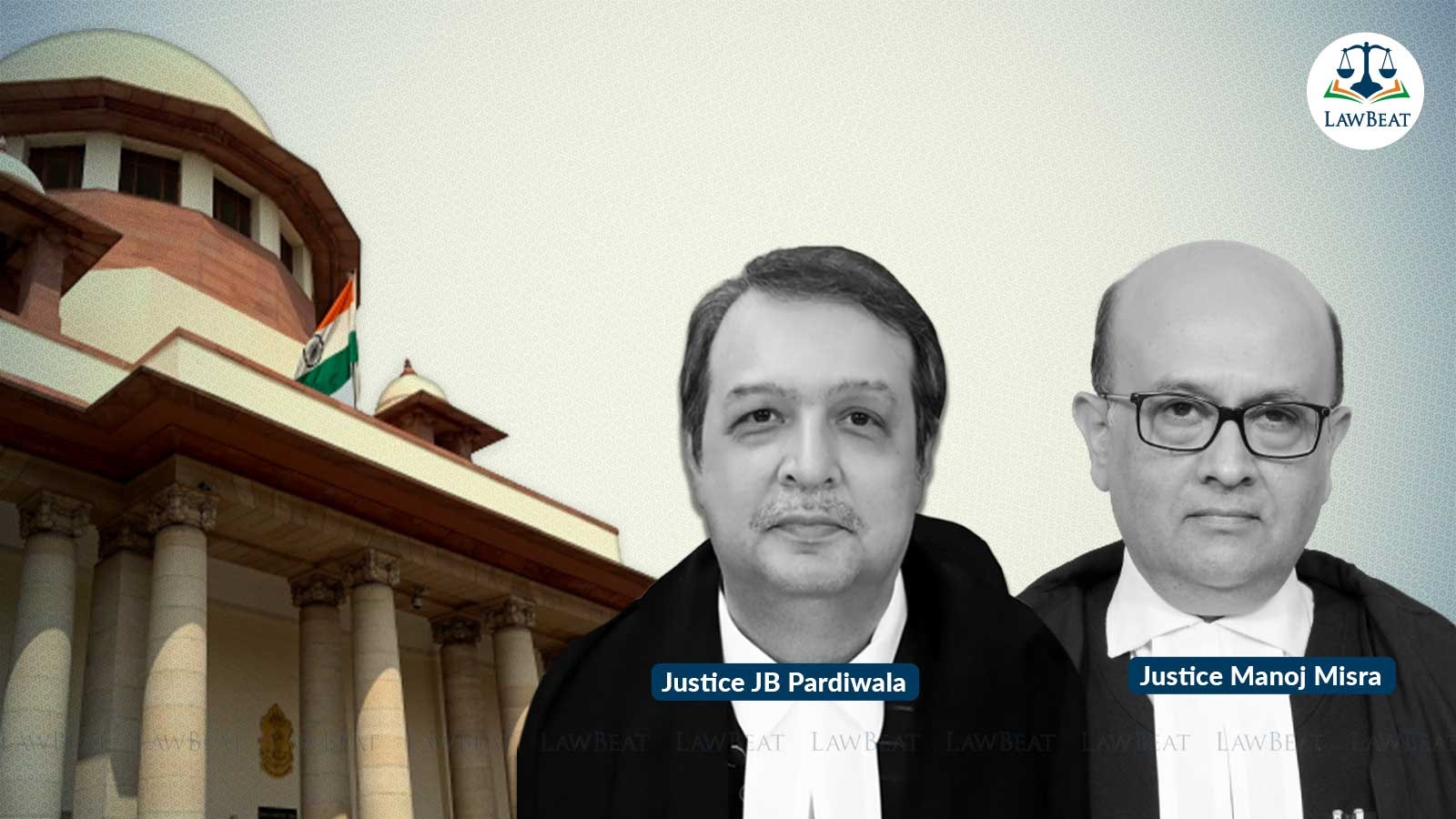Police officers should be trained on fine distinction between criminal breach of trust and cheating: Supreme Court

Highlighting the casual approach of the courts below in cases like the one at hand, top court has said it is indeed very sad to note that even after these many years, the courts have not been able to understand the fine distinction between criminal breach of trust and cheating.
The Supreme Court on Friday has observed it is high time that the police officers across the country are imparted proper training in law so as to understand the fine distinction between the offence of cheating viz-a-viz criminal breach of trust.
"Both offences are independent and distinct. The two offences cannot coexist simultaneously in the same set of facts. They are antithetical to each other. The two provisions of the IPC (now BNS, 2023) are not twins that they cannot survive without each other...", a bench of Justices Pardiwala and Manoj Misra has observed.
In making sure that the proper training happens, court has directed the Registry to send one copy each of its judgment to the Principal Secretary, Ministry of Law & Justice, Union of India and also to the Principal Secretary, Home Department, Union of India.
Top court has further opined that unfortunately, it has become a common practice for the police officers to routinely and mechanically proceed to register an FIR for both the offences i.e. criminal breach of trust and cheating on a mere allegation of some dishonesty or fraud, without any proper application of mind.
"When dealing with a private complaint, the law enjoins upon the magistrate a duty to meticulously examine the contents of the complaint so as to determine whether the offence of cheating or criminal breach of trust as the case may be is made out from the averments made in the complaint. The magistrate must carefully apply its mind to ascertain whether the allegations, as stated, genuinely constitute these specific offences. In contrast, when a case arises from a FIR, this responsibility is of the police – to thoroughly ascertain whether the allegations levelled by the informant indeed falls under the category of cheating or criminal breach of trust...", Court has further said.
These observations have been made by court while quashing a case registered under Section 406, 420 and 120 B of the Indian Penal Code (IPC) against Delhi Race Club (1940) Ltd, its Secretary and its Honorary President and Non-Executive Director.
According to the complainant, an amount of Rs. 9,11,434/- (Rupees Nine Lakh Eleven Thousand Four Hundred Thirty Four) is due and payable to him by the appellants towards the sale of horse grains and oats over a period of time. It was alleged that as the Delhi Race Club failed to make the payment, he thought fit to file the complaint as according to him he had been cheated by the Club.
Top court found that prosecution of cases on charge of criminal breach of trust, for failure to pay the consideration amount in case of sale of goods was flawed to the core. There can be civil remedy for the non-payment of the consideration amount, but no criminal case will be maintainable for it, court added.
Case Title: Delhi Race Club (1940) Ltd. & Ors. vs. State of Uttar Pradesh & Anr.
